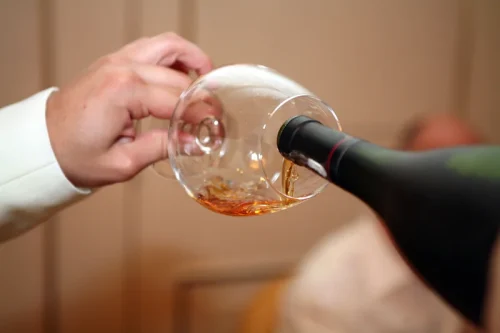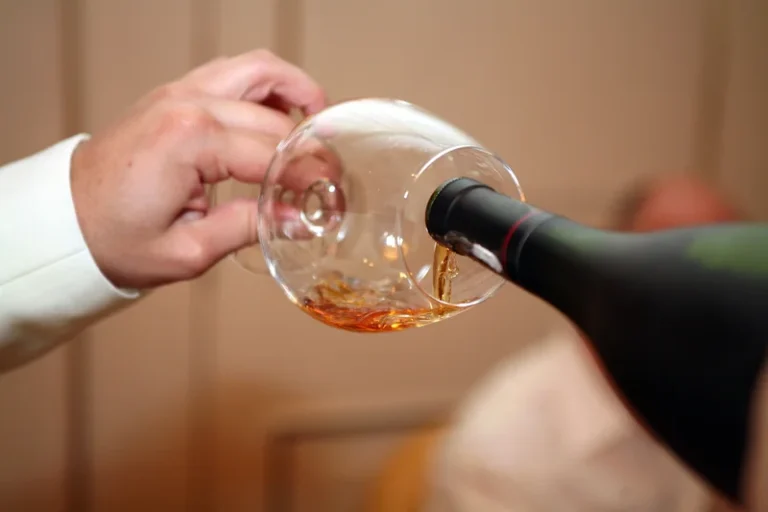
This is an issue that has a far-reaching negative impact in almost all sectors of society. It’s no secret I can’t pretend, I can’t forget what I’ve done every day I live with the consequences I let it beat me, let it kick me, let it throw me to the floor. Those days are over I’m moving forward, it can’t hurt me and now I believe. In my dark times, I’ll be going back to these streets promising everything I do not mean in my dark times, baby this is all I could be only my mother could love me. However, the commercialization of hip-hop and drug-related imagery has glorified drugs within the genre.

×Do you know these Musicians from their Movies?
- In this song, the singer details his struggles with drugs and the difficulties in trying to abstain after years of addiction.
- Here’s another song that describes the fatal consequences of drug addiction.
- The song is about the speaker being set free from their chains by the grace of God.
- He’s a qualified sound engineer and self-confessed music nut who’s passionate about electronic dance music.
Afroman made many albums in the wake of this song but failed to replicate its success down the line. Theory of a Deadman released the track in 2017, featuring it on his Wake Up Call album. The song is about two women who are down on their luck and struggling to get by. They are forced to resort to selling themselves on the street to make ends meet. It talks about how drug dealers are always looking over their shoulder for the police, and how they have to be careful what is Oxford House not to get caught.
“Not Afraid” by Eminem ( – Best Hip Hop Song About Addiction
Sometimes people experience full-blown addiction but don’t want to face the fact they have a problem that needs to be dealt with. The song pairs well with Lovato’s other hit song, “Dancing With The Devil,” which also relates to experiences of a drug overdose. The lyrics, “Blinded by me, you can’t see a thing,” point to how drugs can easily take over people’s lives. Drug use is often thought of as either the glamorous subject of adventurous youth or the clearly destructive habit of someone determined to undermine themselves, but sometimes it is neither. The Spanish song “Negro y Azul”, performed by the Mexican mariachi band Los Cuates de Sinaloa, has a unique origin.
- Fans have praised Eminem for his honesty and vulnerability in addressing his addiction in his music.
- This track balances wit with sincerity, capturing the struggles of rebuilding oneself after substance abuse.
- Juice Wrld, a talented artist, tragically lost his life due to an overdose of pain pills, leaving a void in the music industry.
- He also addresses his critics, and how he sometimes feels like he has to prove himself to them.
Final Thoughts on Songs About Addiction

The song is a plea for help from someone who is struggling to break free from their addiction. The song is about a person who is addicted to drugs and is trying to get their life back on track. The rap songs about drug addiction song is about the person’s struggles and how they are trying to stay positive despite their situation. The song is about the dangers of drug addiction and the damage it can do to a person’s life.
In the end, Aimee Mann sings “it’s not going to stop, so just give up” which could be interpreted in many ways. The song about addiction is all about the emotional turmoil that they go through as it paints a vivid description of addiction and self-harm. In her hit single “Rehab” Amy Winehouse sings about how she refused to go to rehab for her addiction. The lesson this teaches is that rehab for alcohol addiction is the best option. As the title implies, this track explores the cyclical nature of drug abuse and heroin addiction and the desire to break the habit.

Hip-Hop Artists Struggling with Drug Addiction

In reality, The Weeknd is singing about his struggles with drugs by personifying them as a lover who he knows is bad for him, but he still can’t stay away from. Linkin Park has always been known to have a brooding musical style that explores the darker themes in life. “Breaking the Habit” fits this mold perfectly, as it tells the story of drug use from its most bleak and paralyzing aspects without romanticizing it in any way. Around this time, rap songs praising marijuana use began to experience commercial success.

